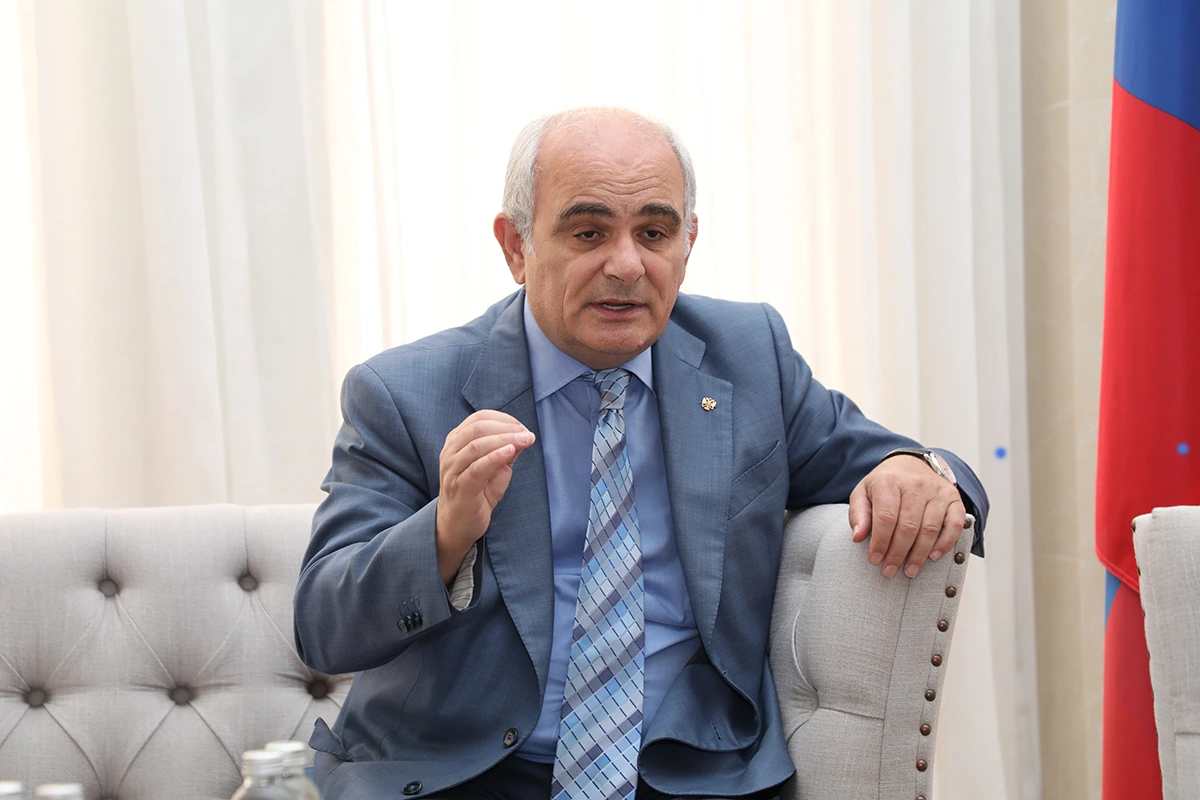Published: 24 July 2025
Sri Lanka’s financial authorities have taken a decisive step towards regulating cryptocurrency activity within the country. Central Bank Governor Dr Nandalal Weerasinghe recently announced that Sri Lanka is preparing to register cryptocurrency service providers as part of its drive to reinforce anti‑money‑laundering (AML) protocols and align with forthcoming global evaluations.
Why Sri Lanka Is Regulating Crypto Providers Now
The pace is rising on digital asset oversight. Sri Lanka’s move centres on:
- Global Pressure on AML Compliance
With the Financial Action Task Force (FATF) expected to conduct a global AML assessment, countries must demonstrate robust systems to curb illicit financial flows via cryptocurrencies. Sri Lanka’s proactive stance indicates its resolve to meet international standards and avoid being blacklisted. - Risks in the Crypto Ecosystem
Cryptocurrencies can be misused for money laundering, tax evasion, and terrorism financing. Formal registration of platforms will pave the way for mandatory KYC/AML measures, boosting financial integrity. - Fostering Innovation under Supervision
Rather than banning crypto, regulation allows room for innovation. Entities offering crypto wallets, exchanges, or custodial services will operate within defined frameworks, promoting accountability and consumer safety.
What “Registration” Means for Crypto Operators
Dr Weerasinghe emphasised that the plan entails more than a licensing formality:
- Mandatory Registration for Service Providers
Firms facilitating crypto transactions—exchanges, custodial services, wallet providers—must register with local authorities and fulfil compliance criteria. - Stringent Compliance Rules
Registered firms will need to apply full KYC verification processes and transaction monitoring, report suspicious activity, and undergo regular audits. - Enforcement and Liability
Operating outside the regulated environment could attract penalties ranging from fines to legal action.

Sri Lanka’s Strategic Position in a Global Context
Sri Lanka’s move is timely. With the FATF’s “Global AML Review” approaching, compliance and transparency are now mission-critical. The FATF typically reviews country frameworks in areas like beneficial ownership, financial intelligence units, and digital finance. By swiftly integrating crypto regulation, Sri Lanka is sending strong signals about its commitment to global norms.
More broadly, formal governance of the crypto sector helps:
- Secure Overseas Investment
Institutional investors prioritise jurisdictions with clear regulatory frameworks. - Shield Consumers
Regulated platforms reduce exposure to frauds, hacks, and insolvency risks. - Combat Illicit Finance
Effective AML/KYC systems help identify and thwart dirty money flows.
Implications for Sri Lankan Entrepreneurs & Investors
For Crypto Start‑ups and Exchange Platforms
This shift brings both opportunity and obligation. Legal frameworks enable innovation, but compliance costs may be significant. Platforms should begin internal audits, appoint compliance officers and ready themselves for registration windows.
For Retail and Institutional Investors
Regulation means better protection. While some firms may exit the market if they can’t meet the new threshold, the remaining entities will be safer and more transparent. Users should look for registered providers once registration structures go live.
For Regulators
Transparency, consistent enforcement and clear unity between the Central Bank, Financial Intelligence Unit, Ministry of Finance and Sri Lanka Customs are now crucial. Ongoing public awareness campaigns will also be vital to help users spot legitimate platforms.
Benefits of Early Adoption
The timing of Sri Lanka’s announcement is strategic:
- Early mover advantage in the region’s digital asset regulatory landscape.
- Improved global reputation, avoiding mention on FATF grey or black lists.
- Access to new capital, as a regulated environment attracts credible investors.
Sri Lanka can emerge as a stable and reliable crypto hub—not through permissiveness but instead through structure.
What Next on the Regulatory Roadmap?
- Draft Regulations – Precise licensing conditions, technical and governance criteria.
- Public Consultation – Stakeholders like exchanges and crypto companies will likely engage with authorities.
- Pilot Phase & Timeline – Anticipate registration kick‑off in mid‑2025, gradually expanding scope.
- Enforcement Launch – Platforms operating pre‑registration window will need to either register or wind down.
Long‑Term Outlook
Sri Lanka’s initiative positions it for broad digital finance growth:
- On‑shore token launches and blockchain projects
With legal backing, DeFi and token-based fundraising platforms gain legitimacy. - FinTech integration
Licensed providers can offer fiat‑to‑crypto rails, cross‑border payments, and smart‑contract services. - Boosting youth‑led innovation
Start‑ups benefit from regulatory clarity and may attract backing from VCs and international incubators.
Key takeaways
| Insight | Summary |
|---|---|
| Registration is imminent | Sri Lanka will require crypto operators to register under AML/KYC rules. |
| FATF review is prompting action | Global scrutiny demands formal frameworks. |
| Consumer confidence will rise | Regulated platforms lend credibility and security. |
| Innovation is backed by regulation | Well‑governed ecosystems support sustainable growth. |
| Stakeholders must prepare to register | Exchanges, wallet providers, investors—plan for changes. |





